A well-crafted electric fencing system is incomplete without insulators; these are designed to be fixed between the posts and the current lines that run alongside them. Without insulators, the current would be lost in the ground, rendering the fence powerless. Whether you have a metal T-post or a round post setup, you’ll need to acquire the right sort of insulator. Plastic, ceramic, and rubber are all materials widely available for electric fencing insulators.
When deciding on electric fence insulators for metal posts, the local climate should be kept in mind. If the area is subjected to consistently hot summers and cold winters, plastic insulators may not be up to the task and degrade too quickly. Looking elsewhere, ceramic or rubber options prove more resistant to drastic fluctuations in temperature.
When choosing an insulator for a fence, the type of inhabitants it will keep in should be taken into account. To provide safety for large creatures such as cattle and horses, heavier-duty fencing is recommended, while those with smaller animals such as rabbits or sheep may be best served by a lighter insulator instead.
The material and installation of metal posts in your electric fence system are essential to the fence’s function and longevity. With the right insulation, your electric fence can stay reliable for years to come – be sure to take the proper precaution during installation.
Related Product
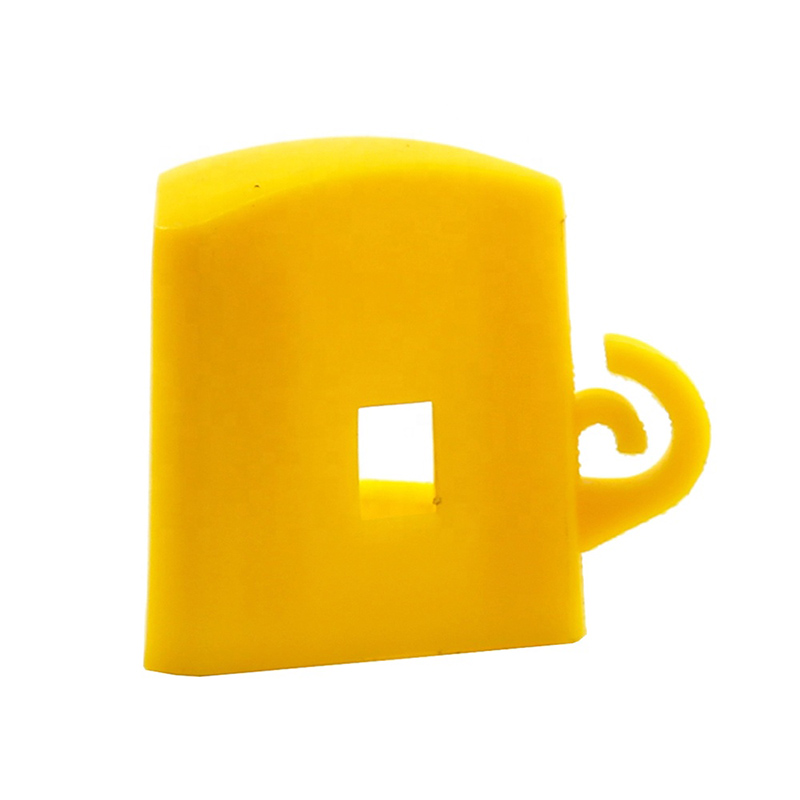
Y Post Cap
Y Posts Caps is also called safety cap or Star picket caps. It used for Y star picket . It can cover sharp edges of Y posts. Type Size(L x W X H) Thickness Weight Round 57x57x60mm […]
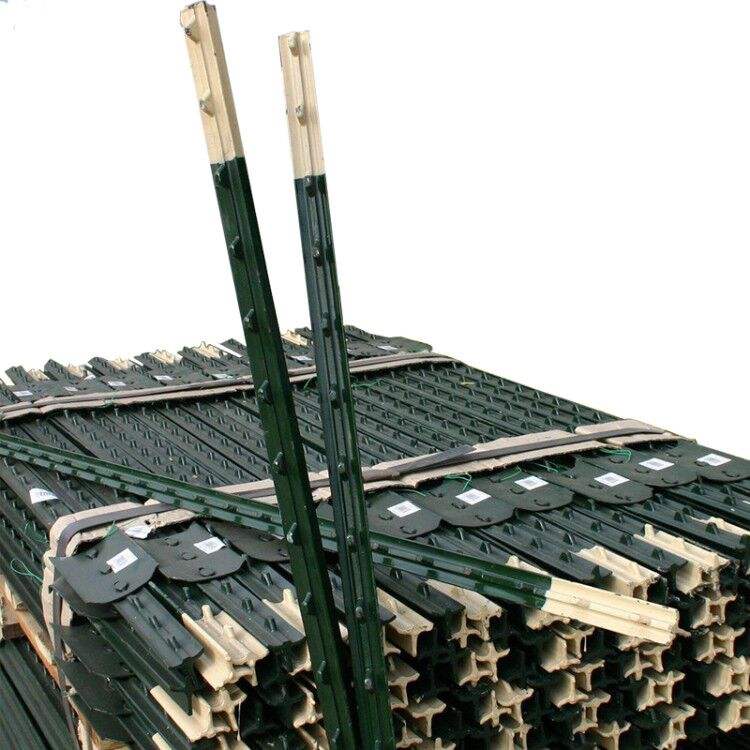
T Post
Material: rail steel Weight: 0.85,0.95,1.25,1.33lbs/ft etc Length: 5′-10′ etc Surface: painted with spade,painted no spade,unpainted with spade,unpainted without spade,hot-dipped g […]
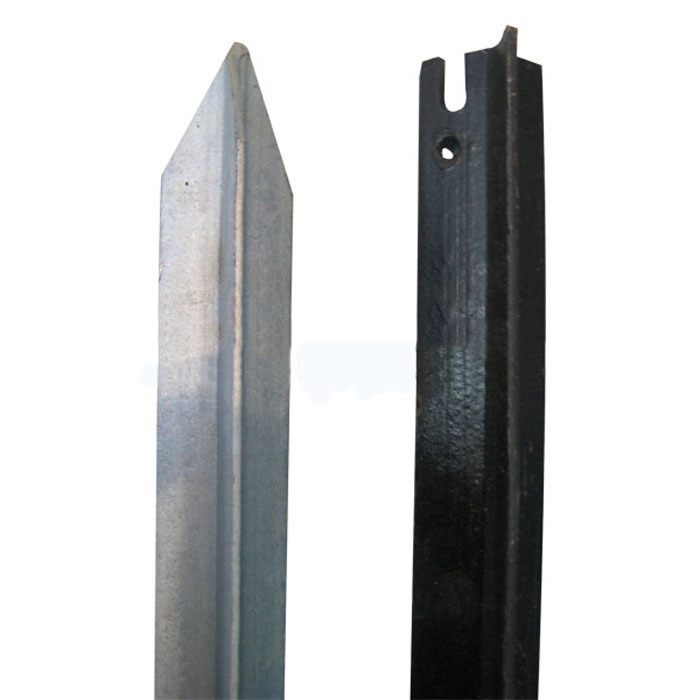
Y Post
Length:1.35m,1.5m,1.65m,1.8m,2.4m etc Weight:1.58kgs,1.86kgs,1.9kgs,2.04kgs/m etc Surface:painted, Hot dip galvanized, No paint Usage:farm fencing,garden fencing Packing:400pcs/pal […]
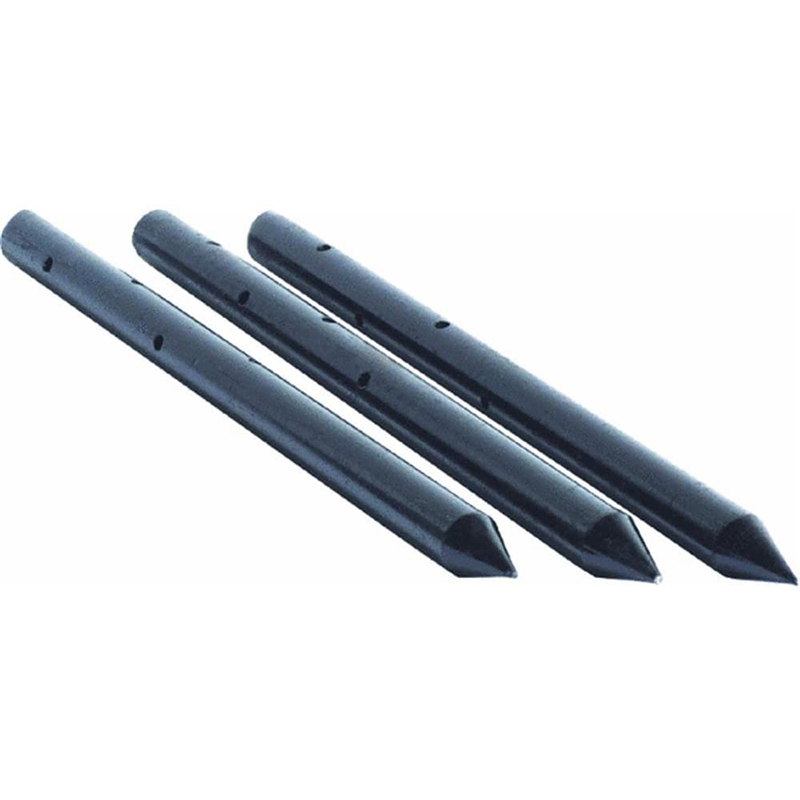
Nail Stake
Product information: Description Unit Pallet Weight(kg) 3/4″x12″ 10pcs/box 150boxes/pallet 0.6200 3/4″x18″ 10pcs/box 100boxes/pallet 0.9250 3/4″x24 […]

Studded T Post
material: rail steel weight: 0.85,0.95,1.25,1.33lbs/ft etc length: 5′-10′ etc surface: painted with spade,painted no spade,unpainted with spade,unpainted without spade,hot-dipped g […]
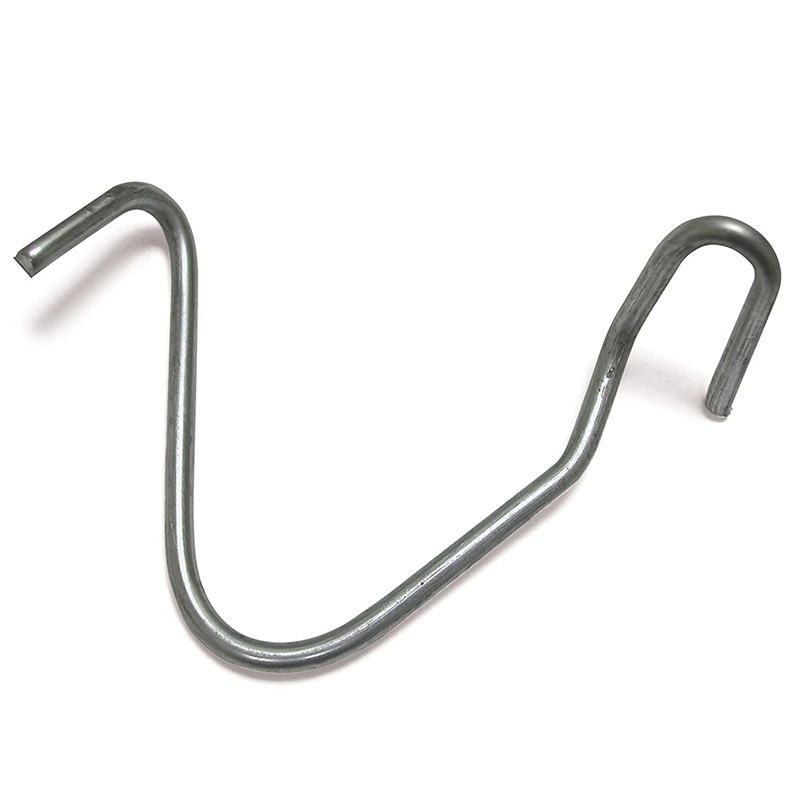
T Post Clip
These heavy duty T-post clips fit standard size 1.25 and 1.33 lb. studded T-posts. Manufactured from 11-1/2 gauge wire that is Hot-dipped galvanized, these clips are designed for f […]
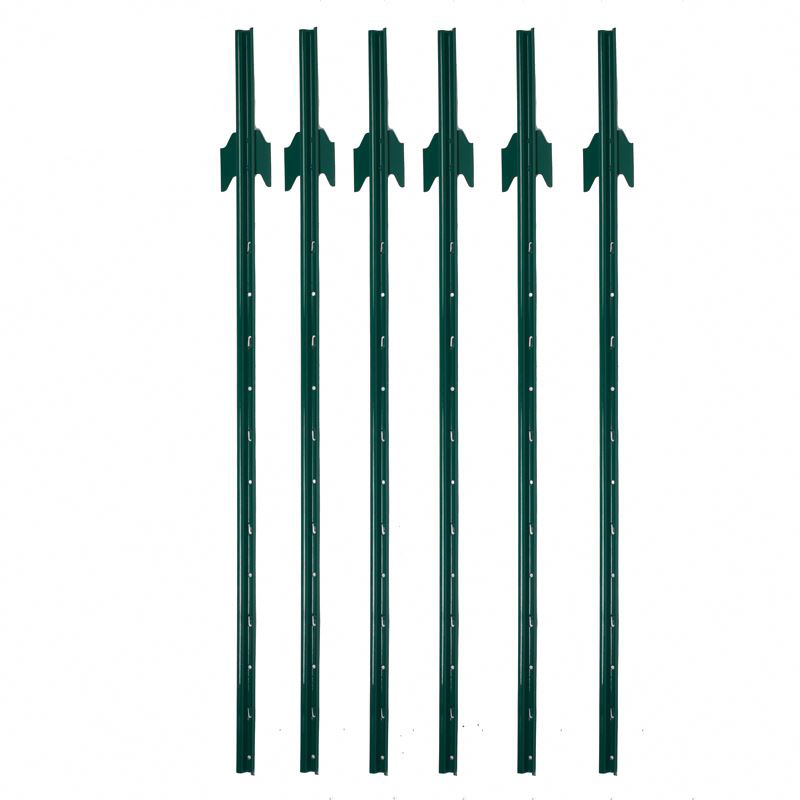
U Post
Heavy Duty Garden U Shaped Steel Fence Post With Spade Shape: U shape, with or without spade Material: low carbon steel, rail steel, etc. Surface: Powder coated Advantage: Easily A […]
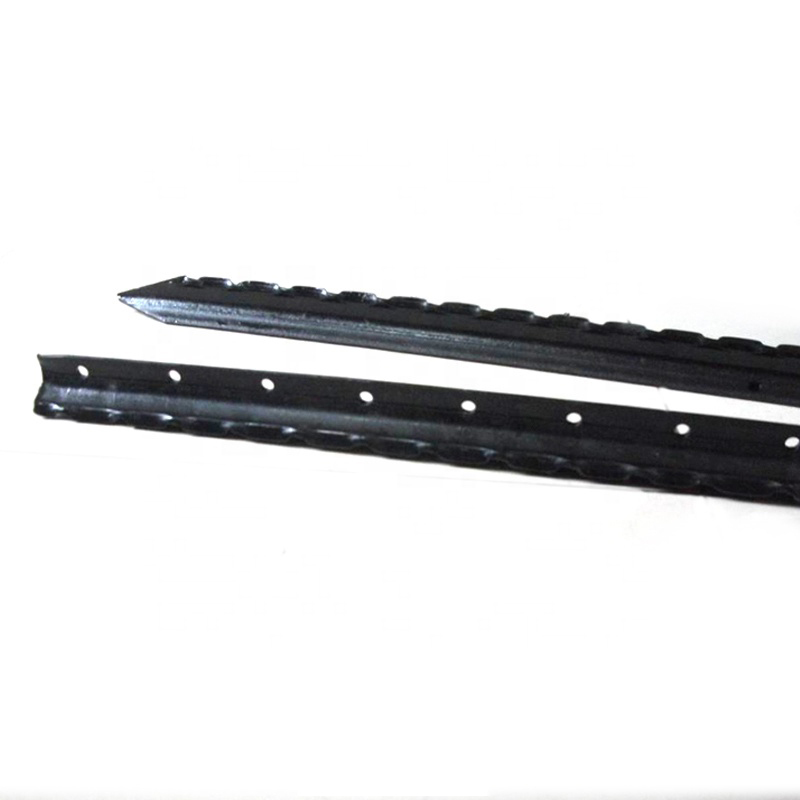
Israel Y Post
Y post with teeth provides the most reliable way of fencing wire attachment by threading the wire through the holds along the post, gripping the wire with is specially designed tee […]
Post time: 2023-06-27

